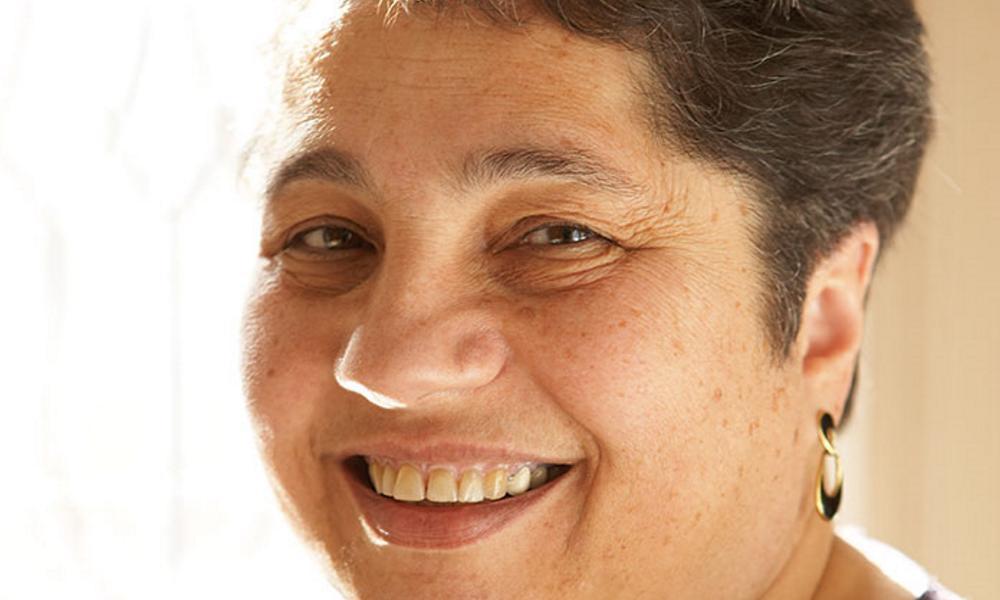
Sister Marilyn Barnett, OP - First female director of the Office of Worship for the Diocese of Lansing
Q: How was your faith the foundation of your role as director of the Office of Worship for the Diocese of Lansing?
A: I believe that I could not have accepted the role as director of the Office of Worship for the diocese unless I had had a firm and grounded relationship with God through my personal prayer life and the public worship of the Church. The Eucharist and the sacraments are the greatest gifts we have to honor God. Gathering as we do each time we come to celebrate them offers us the opportunity to stand in God’s presence, give praise and thanks, and ask for the graces and help we need to live a Gospel life of love and service to others. Joining both our public liturgy and our personal life of prayer allows us the time to grow and deepen our conversations with a God who is always surprising us with amazing invitations.
Q: Is there a person who inspired you along the way?
A: When I was attending grammar and high school at St. Paul’s Parish in Cambridge, Mass. where I grew up, we had a children’s Mass every Sunday at 9 a.m. I vividly remember that our pastor would be present every Sunday at that Mass. Every Sunday, he would walk up and down the main aisle and explain the readings and what the priest saying the Mass was doing. I know that made a lasting impression on me; and I slowly began to realize that this Sunday gathering was something that was very important to my faith and life as a Catholic. I believe that this experience at Sunday Mass, week after week, and year after year cemented my love of liturgy to this very day.
Q: Was there a defining moment in your ministry?
A: When I became the director of the Office of Worship in Lansing, I instinctively knew that if the office was going to be successful in assisting the bishop and the parishes, I would need to surround myself with people who would bring their best knowledge and experience to the many goals the office had set. The Liturgical Commission, which had been in place for many years, was invaluable to me in charting the history of what had and was happening and what they named as the areas of need under my direction. I relied on their input and assistance in achieving these office goals. This knowledge served me well in my next position in Chicago at the Office of Divine Worship and in my future ministry in formation of men and women working in the Church.
Q: What would you tell your younger self about not giving up on achieving your goals?
A: I have always been goal-oriented. I’m sure this facet of my life was instilled by my parents and my Catholic school education. I quickly learned that one learns best from one’s mistakes. (I most likely learned that from my piano music background whenever I played a sour note). I would tell my younger self that being attentive to God’s movement in one’s life and following those movements is the “only” way that goals are achieved. I would also tell myself that goals change and develop in time and often we are able to achieve more than we ever imagined.
